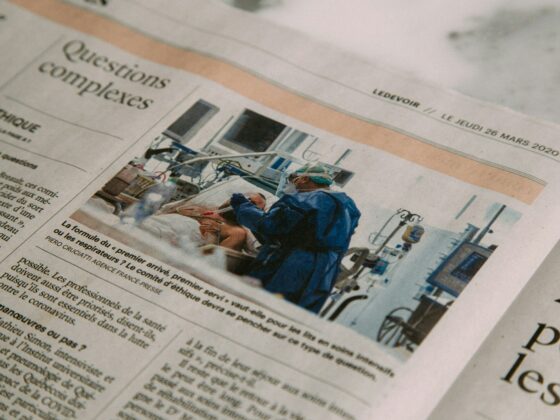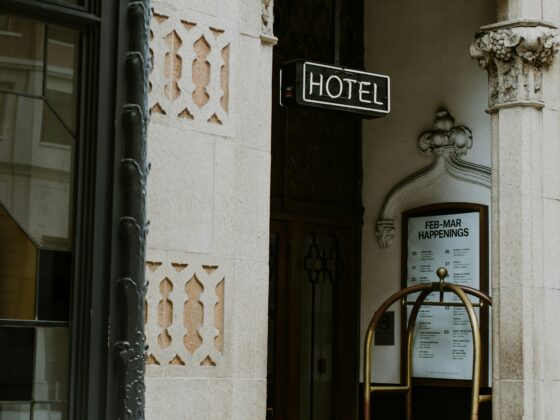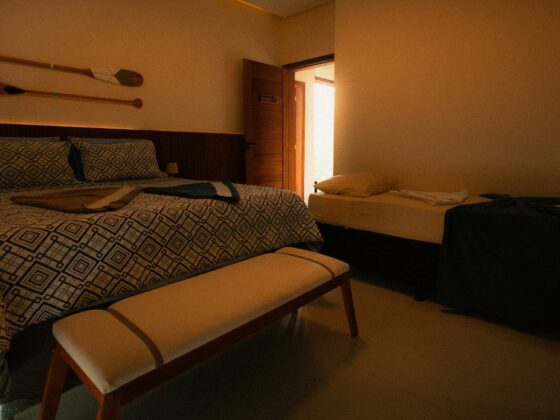
UK hotels recorded higher occupancy levels in September, helped by the performance of England’s Red Roses in the Women’s Rugby World Cup, according to the latest RSM Hotels Tracker.
Data compiled by Hotstats and analysed by RSM UK showed that hotel occupancy increased to 85% in September, up from 82.8% a year earlier. In London, occupancy rose from 83.7% to 87.2%.
Average daily rates of occupied rooms also rose year-on-year, from £157.76 to £164.61 across the UK and from £220.14 to £232.48 in the capital.
Story Stream:
More on Occupancy
-
McKeever Hotels unveils new five-year growth strategy
-
Not all points mean prizes: Why investors should look beyond loyalty programme numbers
-
Budget hotels lag behind as cost pressures bite, RSM finds
-
PPHE revenues rise 5.2% in Q3 as occupancy improves
-
A&O Hostels appoints director of operations and integration
Gross operating profits edged higher as a result, increasing from 41% to 41.8% for UK hotels overall, and from 44.4% to 45.7% in London.
Chris Tate, partner and head of hotels at RSM UK, said: “Strong hotel demand seen during the summer carried on in September, with occupancy and room rates firmly outpacing last year’s results. There was a marked improvement in gross operating profits year-on-year for only the second time since the National Insurance rise in April, which has continually hit the bottom line of hotels.
“September’s data highlights that demand in the UK staycation market remains strong, and international and business travel is back in full force. England hosting the 2025 Women’s Rugby World Cup, resulted in a double victory for both the Red Roses and the UK’s hotel market. It’s clear that such major sport events bring a much-needed boost to the hotel sector, which trickles down to the wider leisure and hospitality industry and economy.”
He warned demand was not “evenly distributed” however, with luxury ahead of the budget market. He added the industry continues to face pressure from rising staff costs, high inflation and greater competition.
Thomas Pugh, economist at RSM UK, said: “A strong showing by the hotel sector is a good sign that consumers weren’t affected by growing speculation at the end of the third quarter. Indeed, strength in the hotel sector may help to offset weakness elsewhere as the manufacturing and construction sectors continue to struggle.
“Of course, the big question now is whether the increasing speculation about the budget, which is likely to reach fever pitch in November, will derail September’s resilience. Looking ahead, we expect the economy to have grown by 0.2% q/q in Q3, but we suspect that uncertainty around the budget will mean growth stagnates in Q4.”
He added: “What’s more, if the budget contains a fiscal contraction of £30-£40bn as we expect, it will weigh on household incomes and consumer spending next year, especially of wealthier consumers. However, it will also lead to a sharp drop in inflation and quicker interest rate cuts, which should offset some of the pain from the budget.”







